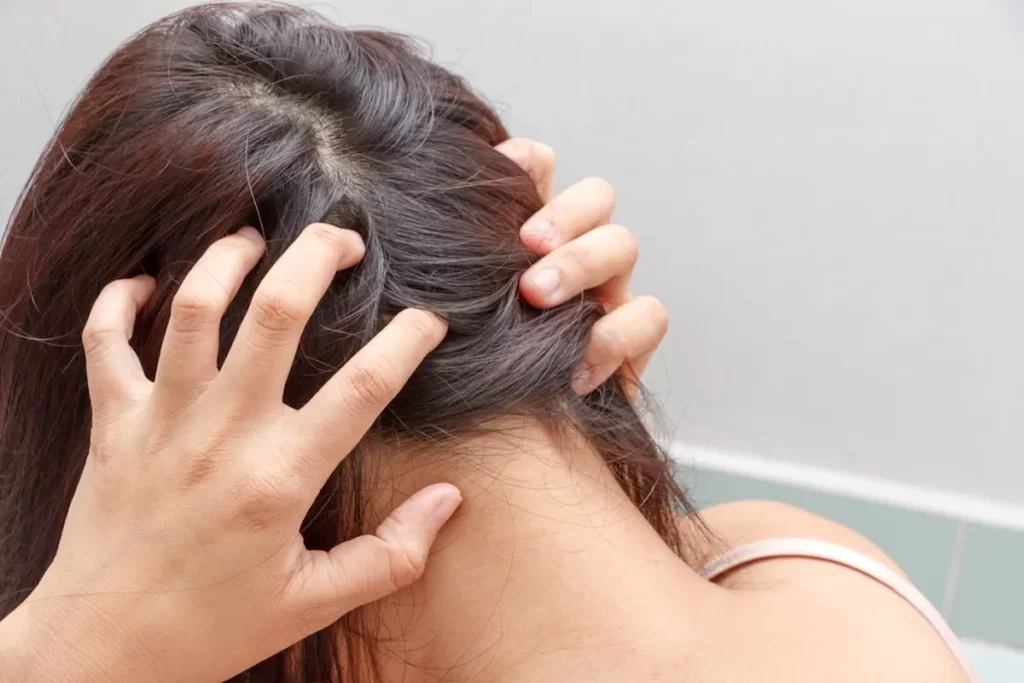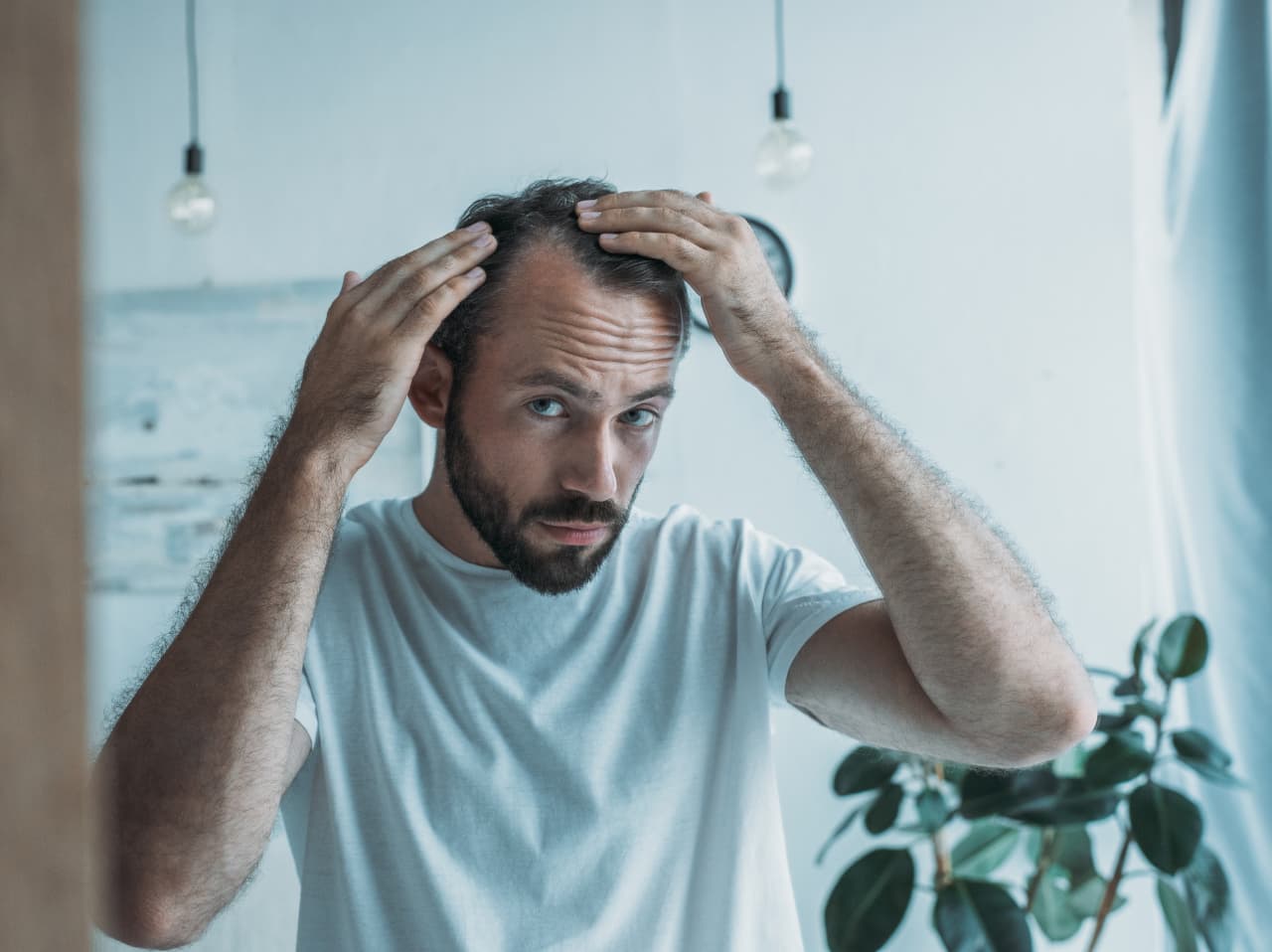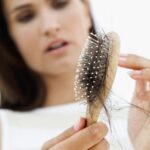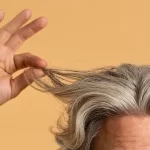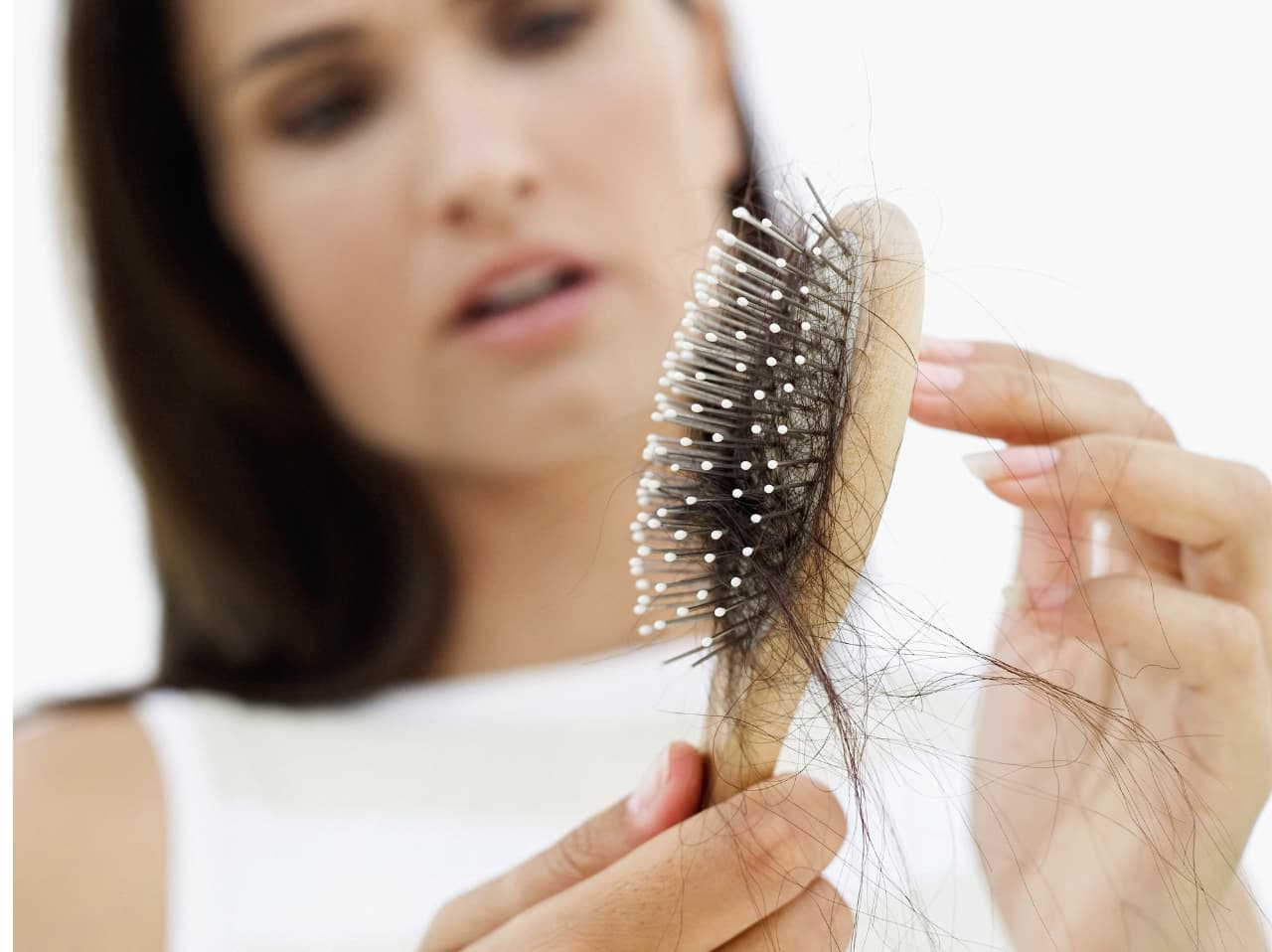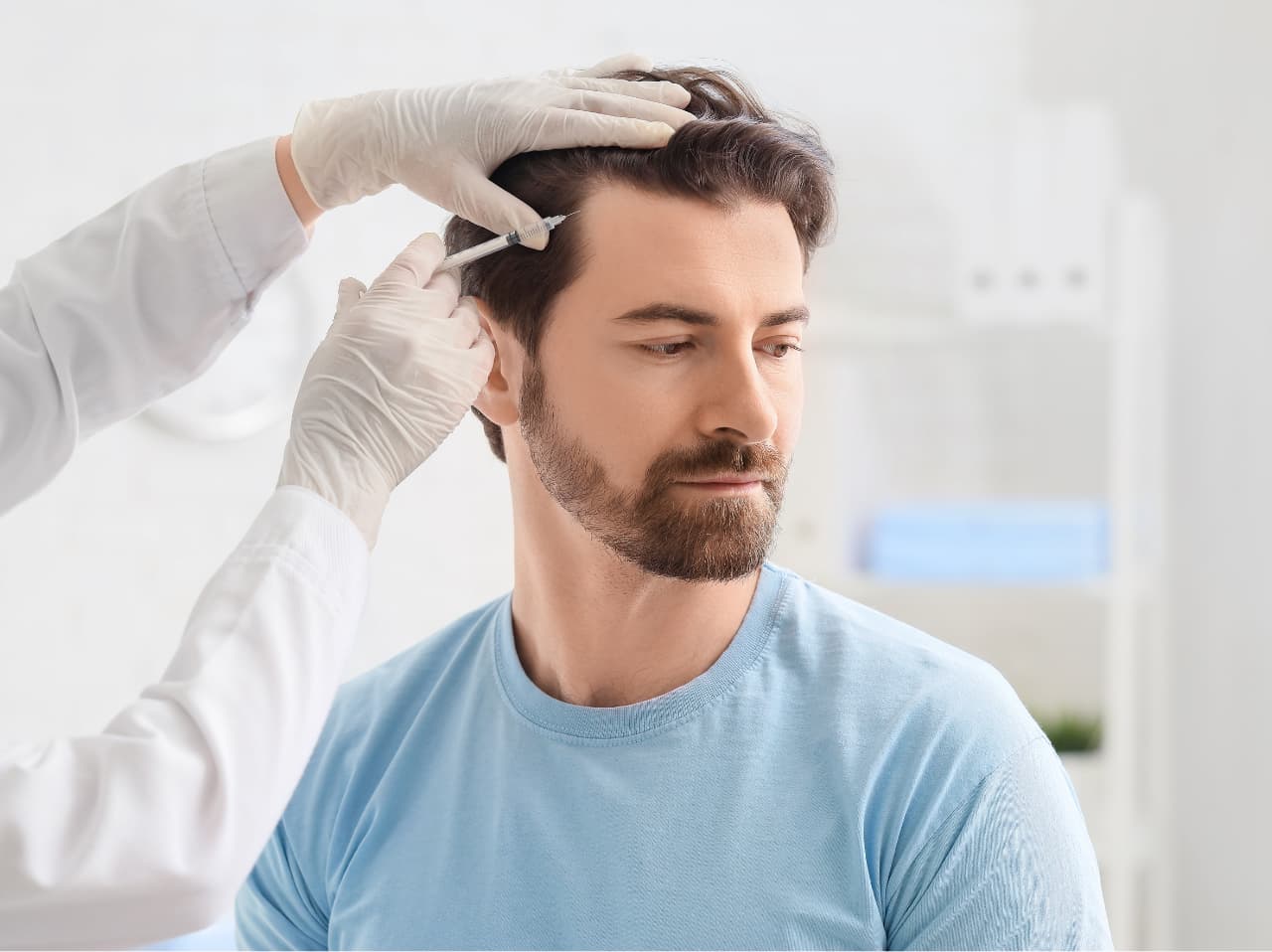Table of Contents
ToggleAt Kopelman Hair, many patients ask whether a tingling scalp is related to shedding or thinning. The link between tingling scalp and hair loss in females is not always straightforward, but in certain cases, the two symptoms overlap.
The immediate answer is that tingling can be linked to inflammation, hormonal shifts, or stress, which also impact hair growth. While not every tingling sensation signals hair loss, knowing common causes helps women decide when to seek expert advice.
Key Takeaways
- A tingling scalp in females can result from stress, hormonal changes, scalp conditions, or neurological issues.
- Tingling does not always indicate hair loss, but when combined with shedding, it may signal inflammation of the follicles.
- Some women experience tingling as part of hair regrowth, particularly after treatments that stimulate follicle activity.
- Warning signs such as sudden onset, pain, numbness, or headaches require prompt medical evaluation.
- Treatment may involve medical therapies, hair restoration, and lifestyle adjustments, with expert guidance available from Dr. Kopelman at Kopelman Hair.
What Tingling in the Scalp Means
A tingling sensation in the scalp feels like light prickling or buzzing. Some patients describe it as pins and needles, similar to what happens when blood flow changes in another part of the body.
Sometimes women notice scalp tingling in one spot rather than across the entire head. Localized tingling may point to irritation, minor nerve damage, or a skin condition. Distinguishing whether the feeling is widespread or focused helps guide evaluation.
Why Is My Scalp Tingling?
Stress and changes in circulation are common triggers. When stress hormones rise, blood vessels may narrow or expand, altering blood flow and creating tingling. Relaxation techniques or massage often reduce these symptoms.
Hormonal changes and hair loss in women
Hormonal changes can also cause tingling and hair loss. Thyroid imbalance or menopause affects scalp sensitivity and growth cycles. For some women, the overlap explains tingling scalp and hair loss occurring together.
Scalp conditions and infections
Scalp disorders are another frequent cause. Seborrheic dermatitis, psoriasis, and fungal infections can irritate the skin, producing tingling. These medical conditions often appear with red bumps and skin lesions, flaking, or itching. The discomfort is usually linked to skin irritation. Treating the underlying health condition often reduces symptoms.
Circulatory concerns
In rare cases, tingling may be associated with a blood clot, causing a tingling sensation in the head and scalp. While uncommon, this requires immediate medical evaluation. Any sudden or severe symptoms should not be ignored.
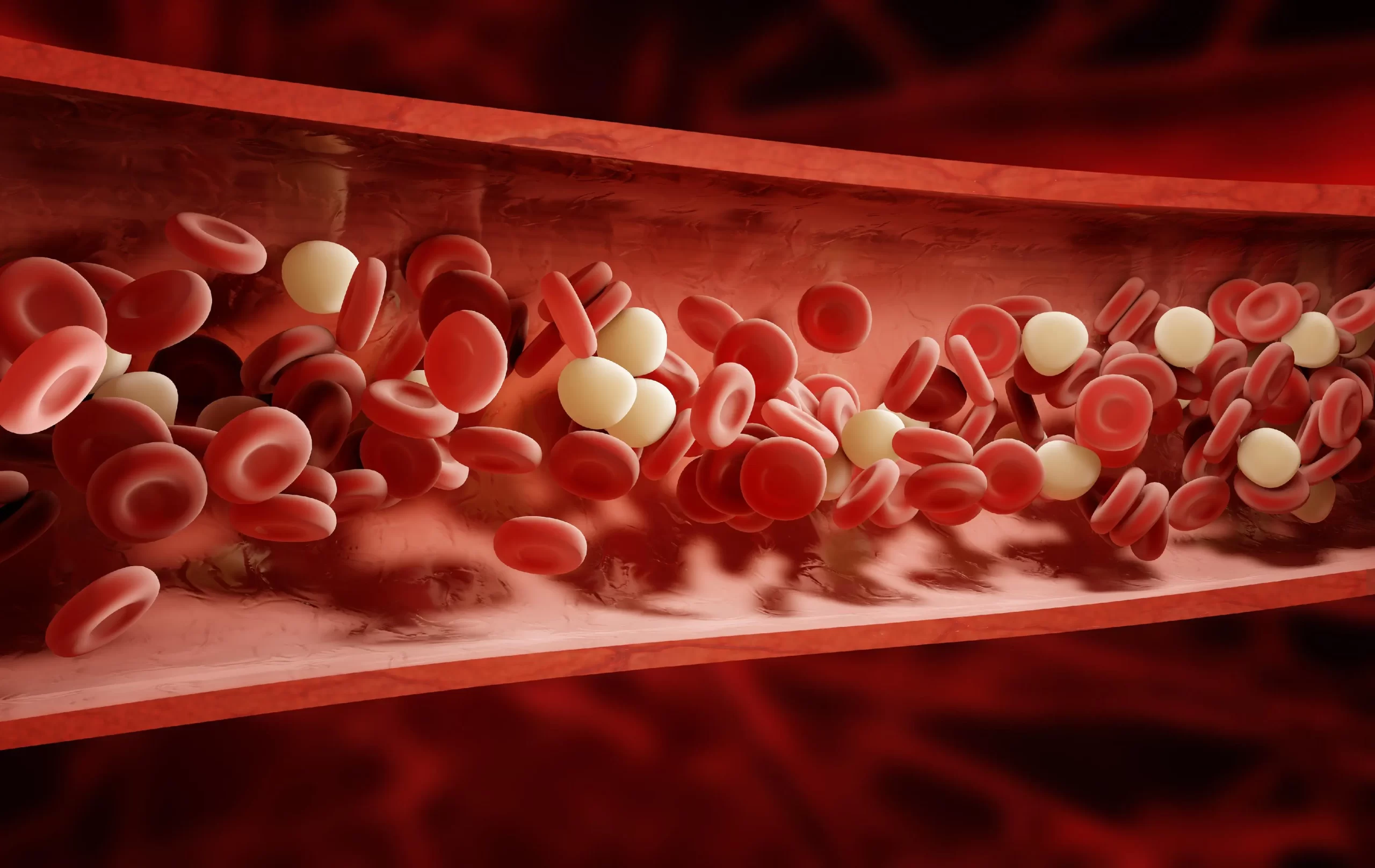
Neurological Causes of Tingling Scalp
A tingling scalp can also be caused by the nervous system. Migraines may trigger tingling before or during an attack. Shingles, which affects nerves in the skin, may also cause tingling with painful blisters.
Other causes include peripheral neuropathy or cervical nerve compression. Autoimmune diseases and diabetes may harm the nervous system, leading to altered sensations in the scalp. According to the Mayo Clinic, these neurological factors should be considered when tingling is persistent.
Tingling Scalp and Hair Changes
A key concern is whether tingling indicates hair loss. Is tingling in the scalp a sign of hair loss? Sometimes yes. Conditions that inflame hair follicles, such as alopecia areata, can cause irritation and shedding. Untreated scalp disorders may even contribute to permanent hair loss.
Is tingling scalp a sign of hair growth?
Others wonder, is tingling scalp a sign of hair growth? In some cases, tingling reflects new activity in the follicles. As hair emerges, increased blood vessels activity can create mild prickling. This is more common after treatments or changes in hair products that stimulate regrowth.
When to Worry About Tingling Scalp
Most tingling is harmless, but certain patterns need medical attention. Warning signs include tingling with pain, numbness, or sudden shedding. Persistent discomfort that does not improve should also be checked.
Diagnostic steps and evaluation
Doctors may run blood tests, examine hormone levels, or assess scalp conditions. A structured diagnosis rules out serious causes and confirms whether tingling relates to hair changes. Some treatments may also carry a side effect of tingling, which should be discussed with a physician.
Urgent Symptoms to Watch For
Seek immediate care if tingling or numbness suddenly appears in the face or arms. Tingling with severe headache, dizziness, or vision changes may also require urgent evaluation. The American Academy of Neurology stresses that sudden neurological symptoms should not be ignored.
Treatment Options
Treatment depends on the underlying cause. For scalp conditions, dermatologists may prescribe creams, antifungal shampoos, or oral medication. These calm irritation and reduce tingling.
Hair restoration and regrowth solutions
For women experiencing both tingling scalp and hair loss, hair restoration may be recommended. Options include platelet-rich plasma therapy, low-level laser therapy, or hair transplant procedures. These address follicle health and regrowth.
Lifestyle and prevention strategies
Lifestyle adjustments support scalp wellness. Massage, stress management, a balanced diet, and avoiding tight hairstyles can help reduce tingling. Healthy habits also help prevent recurrence.
How to Prevent Tingling Scalp and Hair Loss
Some habits reduce tingling and support hair health. Stress is a frequent trigger, so relaxation methods such as yoga, meditation, or deep breathing may help. Regular exercise also improves circulation.
Diet and scalp care are important. A diet rich in vitamin D, iron, and omega-3s supports scalp health. Avoiding harsh chemicals, limiting heat styling, and choosing the right hair products can also prevent irritation.
Prevention tips include:
- Managing stress with relaxation techniques.
- Eating a nutrient-rich, balanced diet.
- Maintaining gentle hair care routines.
- Scheduling regular checkups for thyroid and hormone levels.
Frequently Asked Questions
Can a tingling scalp go away on its own?
Yes, in many cases tingling improves once the cause is resolved. Reducing stress, loosening tight hairstyles, or treating dandruff may relieve symptoms.
If tingling persists, medical evaluation is recommended.
Does tingling always mean hair loss is starting?
No, tingling does not always signal shedding. While inflammation can cause both tingling and loss, other medical conditions or side effects from medication may trigger tingling without affecting growth.
When should I see a doctor?
You should seek medical care if tingling is constant, painful, or combined with sudden shedding. The American Academy of Dermatology advises consultation if symptoms interfere with daily life or appear with neurological changes.
Your Next Step
Schedule a consultation with Kopelman Hair to address scalp discomfort and support lasting hair health.


